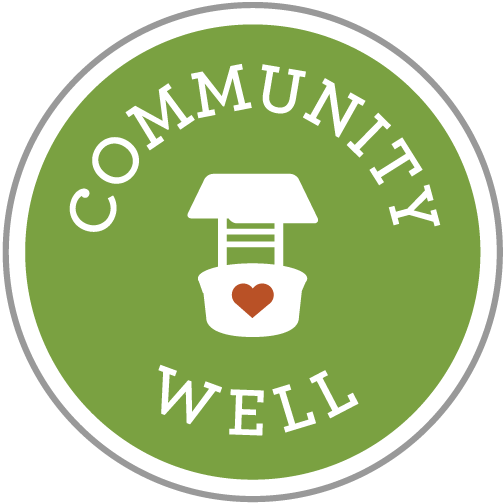I can’t keep calm because I have anxiety!
/Sound familiar? You are not alone. Almost everyone I know has been experiencing anxiety in some form recently. Whether it is from politics, concerns about health care, police brutality, life stress, loss, hormonal changes, or some unknown reason – there is a lot to feel anxious about these days!
So, what exactly is anxiety, you might be thinking? People experience it in different ways, but generally it is a feeling of worry, nervousness, or unease, usually about an event that hasn’t happened yet or something with an uncertain outcome. Anxiety can be experienced in the following ways:
mentally (e.g. negative thoughts, excessive worries, obsessive thoughts)
emotionally (e.g. fear, dread, worry, panic)
physically (e.g. sweating, nausea, shaking, fast heart beat, dizziness, insomnia)
behaviorally (e.g. skin picking, nail biting, avoiding situations).
Anxiety in itself is not dangerous and won’t actually harm you in the long-term. Yes, I know it feels really scary and uncomfortable and might make you feel like you want to jump out of your skin. And yes, I know you want it to go away. But what actually makes it worse is when you panic about feeling it, and then become anxious about feeling anxious! But if you can wait it out for a little while and allow it to be there without struggling against it and without panicking, it can be much easier to cope with.
If you are feeling anxious, and want to try some things while you are waiting for it to pass, here are some ideas:
“Change the channel” – go outside, take a walk, take a shower, dance around your livingroom, listen to music, do some art, play games on your phone– anything to change the mode you are in.
Practice mindfulness – use an app or a guided mindfulness practice (e.g. Headspace). Become aware of colors or sounds around you. Watch the anxiety as if you are watching a movie.
Reach out for support – call a friend, connect with a loved one.
Relaxation exercises, deep breathing – search for guided relaxations on YouTube.
Practice different self-talk – instead of panicking and thinking about how awful it is, pump yourself up! Remind yourself that you can get through it and that it will pass.
Acupuncture, yoga, or other healing modality
Physical activity – any kind!
Volunteer – if your anxiety is related to issues in the country or in your community, giving your time to make a difference in someone’s life can make a difference in yours, too.
You might also be wondering, how do I know when I should reach out for help from a professional?
When it is interfering with your ability to eat, sleep, function
When it is interfering with work, relationships
When you are starting to feel hopeless and/or depressed
If you have thoughts of harming yourself
When you feel panicked, desperate
If you just need more support
Therapy can be very helpful in managing anxiety. Therapy might not change the circumstances (wouldn’t it be great if your therapist could change who your politicians are?), but it can help you cope. A therapist can help you figure out if there is something you are unaware of that is contributing to your anxiety, or can help you explore the origins of the anxiety. Therapy can also help you develop mindfulness and cognitive skills. Please remember that if you experience anxiety, it doesn’t mean there is something “wrong” with you, or that you are weak. And that reaching out for help is a courageous step.
There is so much more I could say about anxiety, so much more that I could write a book (hmmm…. that’s an idea). This is just the basic stuff to get you thinking about it. If you want more information, have questions, or want to give therapy a try, please don’t hesitate to reach out to me or another therapist here at Community Well. Remember, you are not alone!

